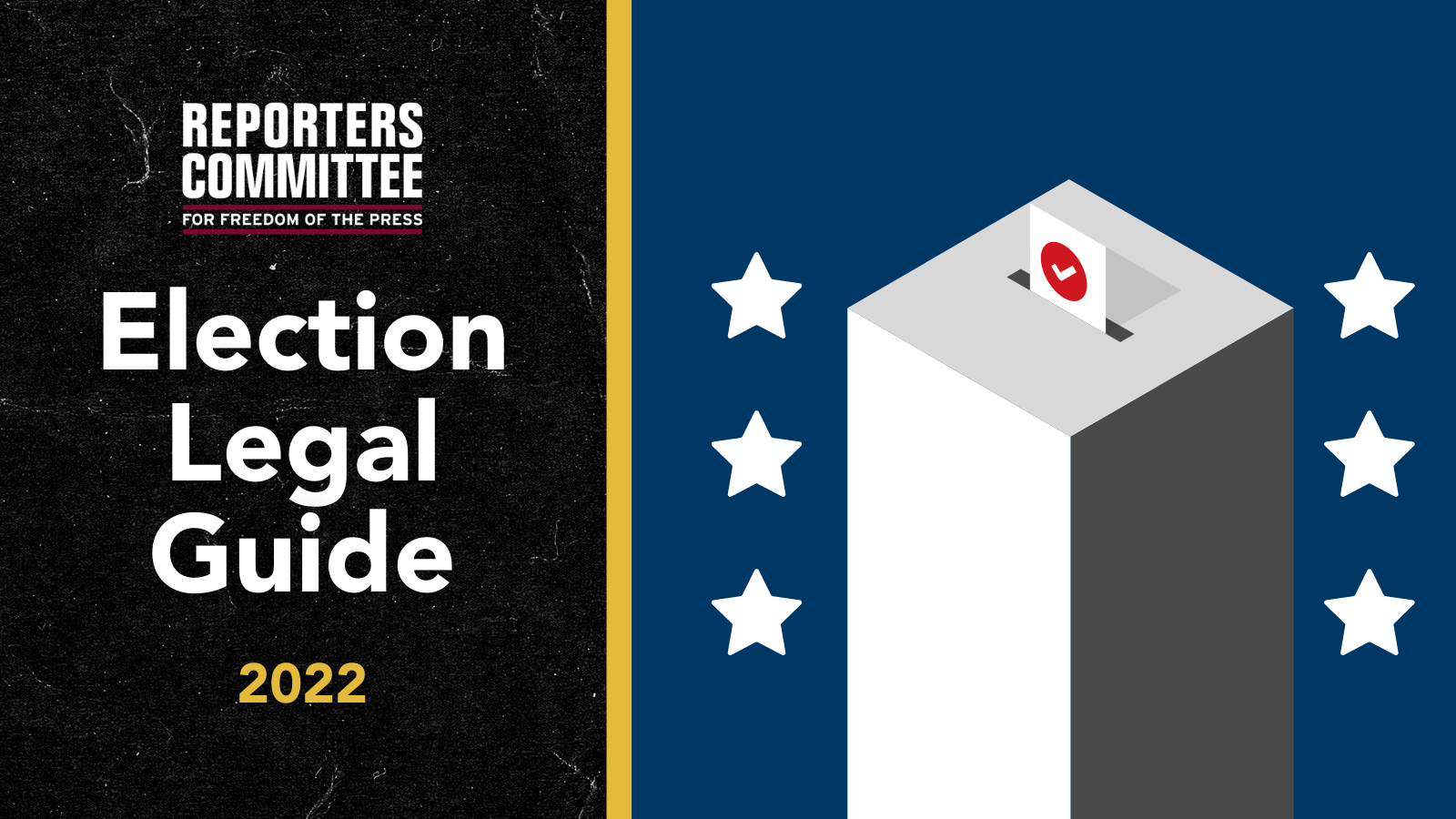The Ultimate Guide to Usufruct in Costa Rican Estate Planning – Technologist
Usufruct is a division of property. It involves taking the property and splitting it into parts. The first one is the ownership right (dominion), and the other is the right of possession. When a person owns real estate and wishes to establish a usufruct, what they are essentially doing is transferring the title or ownership to a third party. Typically, they retain possession, allowing them to enjoy the property without being the legal owner. This possession or enjoyment comes with the obligation to preserve and care for the property as if they were still the owner of the dominion.
Individuals seeking to secure their assets and pass down wealth often discover the valuable tool of usufruct. This legal concept, deeply rooted in Costa Rican law, holds the key to a strategic and seamless estate planning process. In this comprehensive guide, we unravel the intricacies of Usufruct in Costa Rican estate planning, exploring its legal foundations, practical applications, and the invaluable benefits it offers to those navigating the complexities of succession.
In a usufruct arrangement, there are two primary parties involved: the usufructuary and the bare owner. The usufructuary is the individual or party granted the usufruct, which is the right to use and enjoy a property owned by someone else. The bare owner is the individual or party who retains the legal ownership (dominion) of the property but has relinquished the right to use and enjoy it during the usufructuary period.
Understanding Usufruct in Costa Rica: Overview and Legal Foundations
In Costa Rican law, Usufruct, known as “usufructo” in Spanish, finds its legal foundations deeply rooted in the Civil Code. Here are the key legal aspects that form the foundation of Usufruct in Costa Rica:
Civil Code of Costa Rica: Usufruct is governed primarily by the Civil Code of Costa Rica (Código Civil), specifically in Articles 731 to 779. These articles outline the legal provisions, rights, and limitations associated with Usufruct, defining it as a right to enjoy and use someone else’s property with the obligation of preserving its substance.
Nature of Usufruct: According to Costa Rican law, Usufruct grants a person (usufructuary) the right to use and enjoy the property of another (owner) while ensuring that the substance of the property is preserved. This right extends to the fruits, income, and benefits derived from the property during the usufructuary period.
Characteristics and Rights:
- Usufruct is a temporary right, established for a specific period or lifetime.
- The usufructuary holds the right to use the property within the limits established by law or by the contract establishing the usufruct.
- The usufructuary can derive income, profits, or benefits from the property unless prohibited by the terms of the agreement.
- The owner retains the bare ownership rights, including the right to sell or transfer the property, but cannot infringe upon the rights of the usufructuary.
Creation and Termination: Usufruct in Costa Rica can be established through legal agreements, wills, or by law itself in certain circumstances. It can be terminated upon the expiration of the agreed-upon period, the death of the usufructuary (if life-based), or if specific conditions outlined in the contract or law are met.
Legal Protection: The Civil Code provides legal protection for both the owner and the usufructuary. It outlines the responsibilities of both parties, such as the duty of the usufructuary to maintain the property and the prohibition against the owner interfering with the usufructuary’s rights.
Consent and Formalities: Creating a valid usufruct generally requires the consent of the owner. It might involve specific formalities, depending on the nature of the property and the agreement’s terms. Not adhering to these formalities could affect the validity and enforceability of the usufruct.
Understanding these legal foundations is crucial for individuals considering Usufruct as a strategic tool in Costa Rican estate planning. Consulting with legal professionals well-versed in Costa Rican law is advisable for navigating the complexities and ensuring compliance with the legal framework governing Usufruct.
Practical Applications of Usufruct
In Costa Rican estate planning, utilizing a usufruct can offer a range of practical applications, providing individuals with a versatile and strategic tool to structure their assets and succession plans. Here are some practical applications of incorporating a usufruct into a Costa Rican estate planning strategy.
Asset Protection:
Usufruct allows individuals to retain the right to use and enjoy their real estate properties while transferring the bare ownership to heirs or beneficiaries. This arrangement provides a level of protection against potential creditors or legal claims, as the bare ownership is shielded from the usufructuary’s personal liabilities.
Facilitating Succession:
Usufruct is particularly useful for facilitating the smooth transfer of assets to heirs or beneficiaries. By establishing a usufruct, individuals can ensure that their chosen successors have the right to use and benefit from the property, allowing for a seamless transition without the need for immediate sale or distribution.
Lifetime Use and Enjoyment:
Usufruct allows individuals to maintain control over and derive income from their real estate properties during their lifetime. This can be especially beneficial for retirees or individuals who wish to continue living in or deriving income from their properties while planning for the future transfer of ownership.
Flexibility in Estate Planning:
Usufruct offers a high degree of flexibility in estate planning. It can be tailored to specific needs, allowing individuals to customize arrangements based on their unique circumstances, preferences, and the nature of their assets.
Protection of Spousal Rights:
Usufruct can be employed to protect the rights of a surviving spouse. For example, a husband may grant his wife usufruct over the family home, ensuring her continued use and enjoyment after his passing while maintaining the underlying ownership for their children.
Example of the use of Usufruct: Real-World Applications
These examples provide tangible insights, inspiring readers to envision the possibilities for their own succession strategies.
Transfer of Real Estate. In this scenario, the parent, as the owner of the property, formalizes the transfer to one of their children through a notarized public deed. The parent conveys the title of the real estate to the child while retaining usufructuary rights, including the right of use and enjoyment for the parent’s lifetime. The child assumes the role of the usufructuary.
Upon the parent’s death, the usufruct is automatically extinguished, and the child gains full ownership rights without the necessity of an additional title transfer. The notarization of the public deed ensures the legal validity of this arrangement.
Transfer of Shares of Stock
Instead of real estate, the subject of the transfer is the ownership of shares in a Costa Rican company. The owner (parent) transfers ownership of certain shares in a Costa Rican company to one of their children. This transfer is often executed through the issuance of a share transfer document or an endorsement on the share certificates. The child becomes the bare owner (nudo propietario) of the shares of stock while the parent retains rights the rights (usufruct) over the transferred shares. This includes the right to receive dividends and profits generated from the company.
Tax Consequences
In Costa Rica, for citizens of Costa Rica, the use of an usufruct does not have any negative tax consequences. However, the use of Usufruct which is a civil law concept is not as common to use in common law countries like the United States or Canada. As such, if you are a citizen of any of those countries it is advisable that you seek out tax advice in your home country to ensure that the use of usufruct does not have any negative tax implications on you or your heirs. Check out this article for more details of the considerations for US citizens: Tax Considerations for a U.S. Holder of Bare Legal Title in a Usufruct Agreement For Canadian citizens check out: Usufructs: What are they and How are They Taxed in Canada ? – A Canadian Tax Lawyer’s Analysis.
Sample Form
This is the sample text of a deed to create a usufruct with a real estate property.
NOTARY DEED NUMBER 220: Before me, NOTARY PUBLIC with an office in the city of SAN JOSE appear [Full name and qualifications of the property owner] and [Full name and qualifications of the usufructuary], and THEY DECLARE:
FIRST: That the first appearing party [sells, donates, gives in payment, or exchanges] a right of usufruct for life and irrevocable, to the second party, over the following property of their ownership, reserving for themselves the other attributes of dominion. The property is registered in the Property Registry of the [District] District, Real Folio [Real Folio], and is [nature], located in the Province of [Province], canton [Canton], District: [District], with boundaries: [boundaries]; measuring [measurement] square meters, all according to the registered plan [plan]. The second appearing party, now in their capacity as usufructuary, accepts the usufruct. The usufruct is granted with taxes for both properties up to date and is estimated for tax purposes at [estimated amount] colones each.
SECOND: The first appearing party also grants a right of use and habitation for life and irrevocable over the above-described property to the second appearing party, who accepts the grant. The right of use and habitation is estimated for tax purposes at [amount] colones. I issue a first copy for the usufructuary. The undersigned notary informed the appearing parties of the consequences, implications, and legal significance of their acts and statements, which the appearing parties stated they understood and accepted. Having read the document to the grantors, they find it in order, approve it, and together we sign in the city of [city] at [time] on [date].


